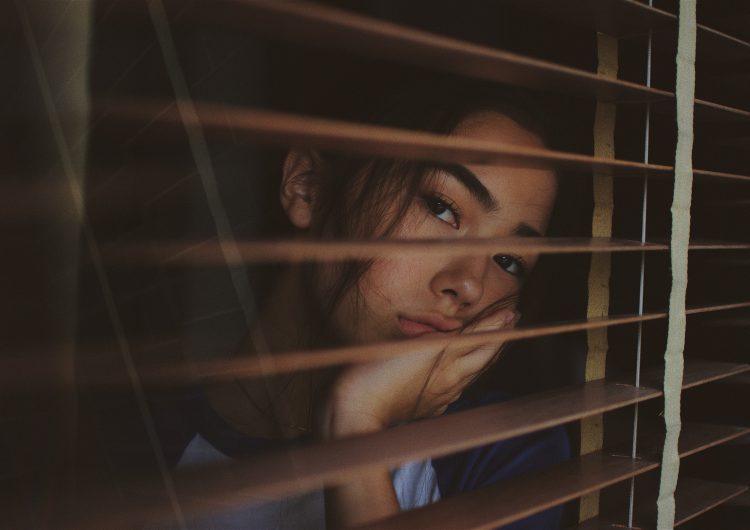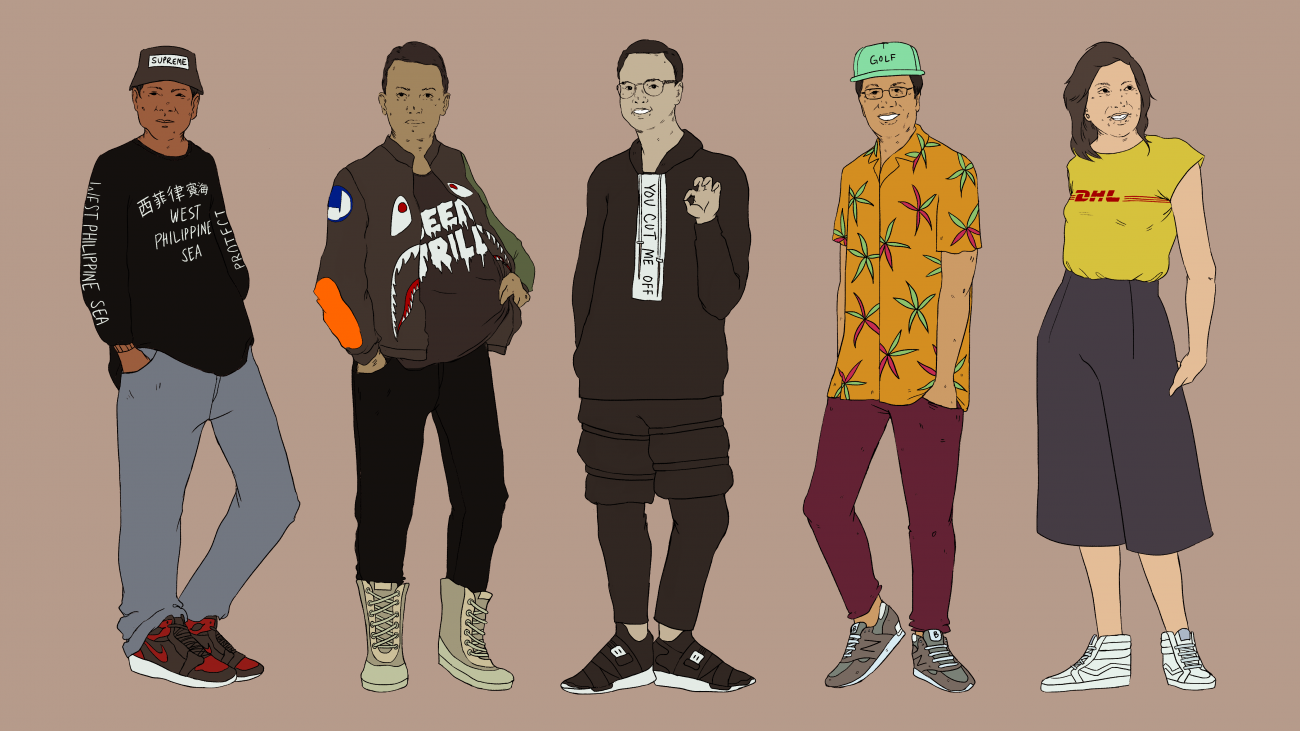Hello, burnout generation. We implore you to please put down the to-do list for once.
In the age of millennial burnout, self-care is something we’ve all been desperately trying to figure out. We’ve tried all the face masks, gone down the retail therapy route and deactivated all our social media accounts in an effort to keep our mental and emotional state afloat. For some, this still might not be doing the trick.
Personally, sticking to wellness regimens and impulsively buying things “because I deserve it” just cause undue stress. It sucks to feel the financial guilt of a splurge. It’s a pain in the ass to try to stick to a healthier diet in the land of hustle and bustle and fried food. It’s a cycle of band-aid solutions.
Read more: Self-care goes beyond face masks and bath bombs
To be fair, the Philippines is not a happy country in general. This University of Oxford-based global research has pointed out that less Filipinos say they feel happy over time. In the 2019 World Happiness Report, the Philippines ranks 69th out of 156 countries. Not bad, but not great either.
So how the hell do we be happy then? Let’s start with managing stress and burnout.
Doing nothing is not a waste of time
To do that, let’s take a page from the second happiest nation in the world, Netherlands. Many studies have shown that the Dutch are constantly one of the least stressed people in the world. Their teenagers are also one of the happiest, scoring remarkably high in life satisfaction tables—which means they must be doing something right.
Aside from their windmills and cheese markets that are already major plus points for happiness, there’s also what the Dutch call “niksen.” It’s a unique word in their vocabulary with no direct English translation, and it means to do absolutely nothing on purpose. And no, that doesn’t mean performing leisurely activities like browsing your Twitter feed, listening to music, or meditating. It’s purposefully purposeless idle time. Think more like gazing into the distance, or watching paint dry on the wall.
Read more: Check out these friendly self-care reminders for your emotional well-being
In our language, it’s probably more synonymous to sayang oras, but think about it. Who says that it’s a waste of time? Who says it’s a bad thing to not think and just exist for a little while? Our overstimulated, productivity-obsessed society. One in which relentless environmental or digital stimuli bombard us, and young prodigies are put on a pedestal—even being set as a standard. “You better work, bitch,” commands Britney Spears. No output equals useless. Niksen wants us to change that mindset.
What are the benefits of niksen?
Ever heard of the saying that the best ideas come to you in the shower? Letting yourself do nothing, or at least activities that are mind-numbingly routine that they feel like nothing, allows your brain to “search for its own stimulation,” according to psychologist Sandi Mann. In turn, this idleness will make individuals more likely to be creative. “That’s when you get the daydreaming and mind wandering,” says Mann. Letting your train of thought run wild just might lead you to your next big, crazy idea.
Read more: What I learned from quitting social media for a month
Idleness also gives you a mental break from all the e-mail, breaking news, and billboards that our minds digest every second. “It’s beneficial to simply step away from screens, work and other stressors long enough to feel bored,” reports Time. Don’t forget that brains can get overworked, too.
So the next time you find yourself with some precious idle time, don’t let your mind worry about work or create your next to-do list. While you’re at it, keep your phone and give your scroll-happy thumbs a rest. Just be bored, for a change.
Photo by Joshua Rawson-Harris on Unsplash

























Comments